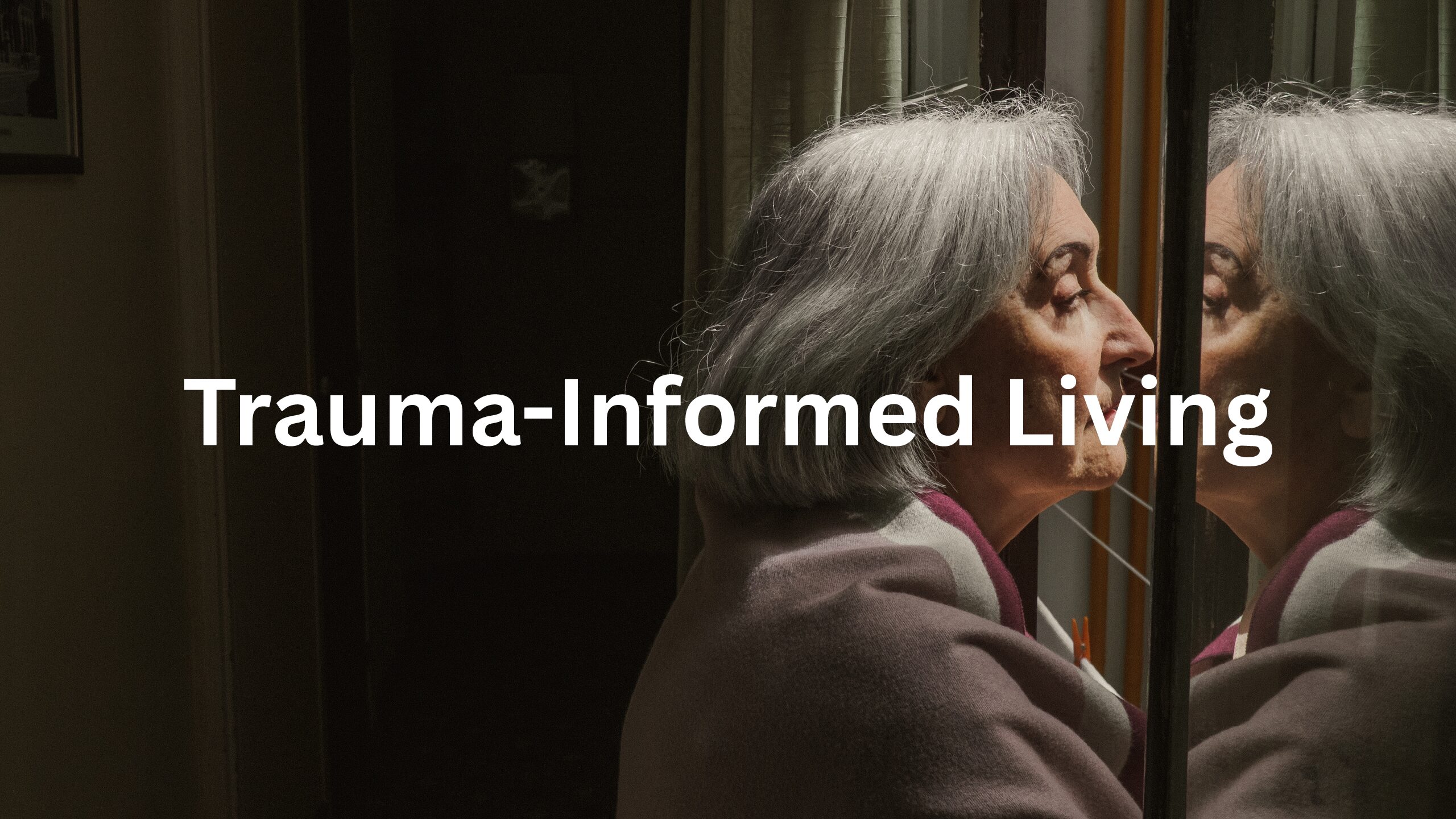Trauma-Informed Living
Have you ever overreacted to something small-delayed respond, a tone of voice , or even a face expression and wondered, “Why did that bother me so much?”,
You’re not alone.
Our current behaviors and emotions are often influenced by past experiences we may not even aware of —experiences that are rooted in “unresolved past trauma”.
Trauma is no longer just a terms abuse victims or war survivors. In today’s world it’s something many of us carry in more hidden and quieter ways. learning how to live in a “trauma informed way” is not only important for therapists, it’s a life skill that improve healing, emotional growth and empathy.
What do you know about Trauma?
Experience that overwhelms your capacity to cope, regulate or adapt is called as Trauma. Most people often think of trauma as catastrophic events with major life altering incidents, but it also includes, neglect, prolonged stress or pressure, lack of stimulation, and repeated bullying or shaming.
There are Two Common Types of Trauma:
Big T Trauma – Major shocking or life-threatening events
Little t Trauma – Smaller, but repeated experiences that shape our sense of self-worth and safety.
Our brain and nervous system store trauma, not just as memories but as a sensations, patterns or responses..
How Trauma affects every day
Unresolved trauma doesn’t go away or vanish—it hides often in reactions and patterns.
- Common signs of Trauma include:
- Intense fear of abandonment or left behind in relationships
- Emotional shutting down or people pleasing.
- Persistent self-doubt or Perfectionism.
- Sudden emotional numbness or emotional outbursts (disproportionate anger).
These cannot be considered as personality flaws. They’re often strategies of survival rooted in the past.
What Is Trauma-Informed Living?
“Trauma-informed living” means approaching yourself and others with through the lens of past pain rather than judgement. It means creating space for psychological safety, compassion and empathy in how we relate to ourselves and those around us.
It’s about creating, an safety, empathy, and compassion into how we think, feel, and connect.
- Core Principles:
- Compassion over judgment
- Understanding before reacting
- Self-awareness before self-blame
- Boundaries before burnout
It’s the shift from:
What happened to me?
instead of
What’s wrong with me?
Why Trauma-Informed Living Matters
When we live with this perspective, we: Respond with reflection instead of reaction,
Communicate more deeply and reduce conflict we build emotional safety in relationships
which then help us to break the generational cycles of pain and misunderstandings.
How to Start Living More Trauma-Informed
Here are simple, practical ways to begin:
Identify your triggers
What consistently upsets you? Gently explore what might beneath.
Pause before you react
Give yourself time to process instead of reacting from pain. A regulated response comes from regulated nervous system
Practice self-compassion
Self-talk shapes your reality, speak to yourself gently.
Set and prioritize your boundaries
Protect your peace. saying “no” is a form of self-respect.
Reach out for support
Healing often needs a safe space, trusted conversation can help process and release.
Conclusion
Trauma-informed living isn’t about staying in the past, it’s about recognizing how the past shaped your present so you can live with more awareness, intention and choice. At Mind Therapy Space, we believe that every reaction is reflection of a deep story. And every person deserves the tools that lead to emotional clarity and healing.
Remember, healing doesn’t happen overnight. It’s a journey of learning, unlearning, and gently reconnecting with your inner self.
What’s one pattern, behavior or reaction you’re starting to view differently after reading this?
Share your thoughts in the comments or send this post to someone who needs to read it today.
Thank you for being here.
Follow “Mind Therapy Space” for more insights on healing, psychology, and emotional well-being.

